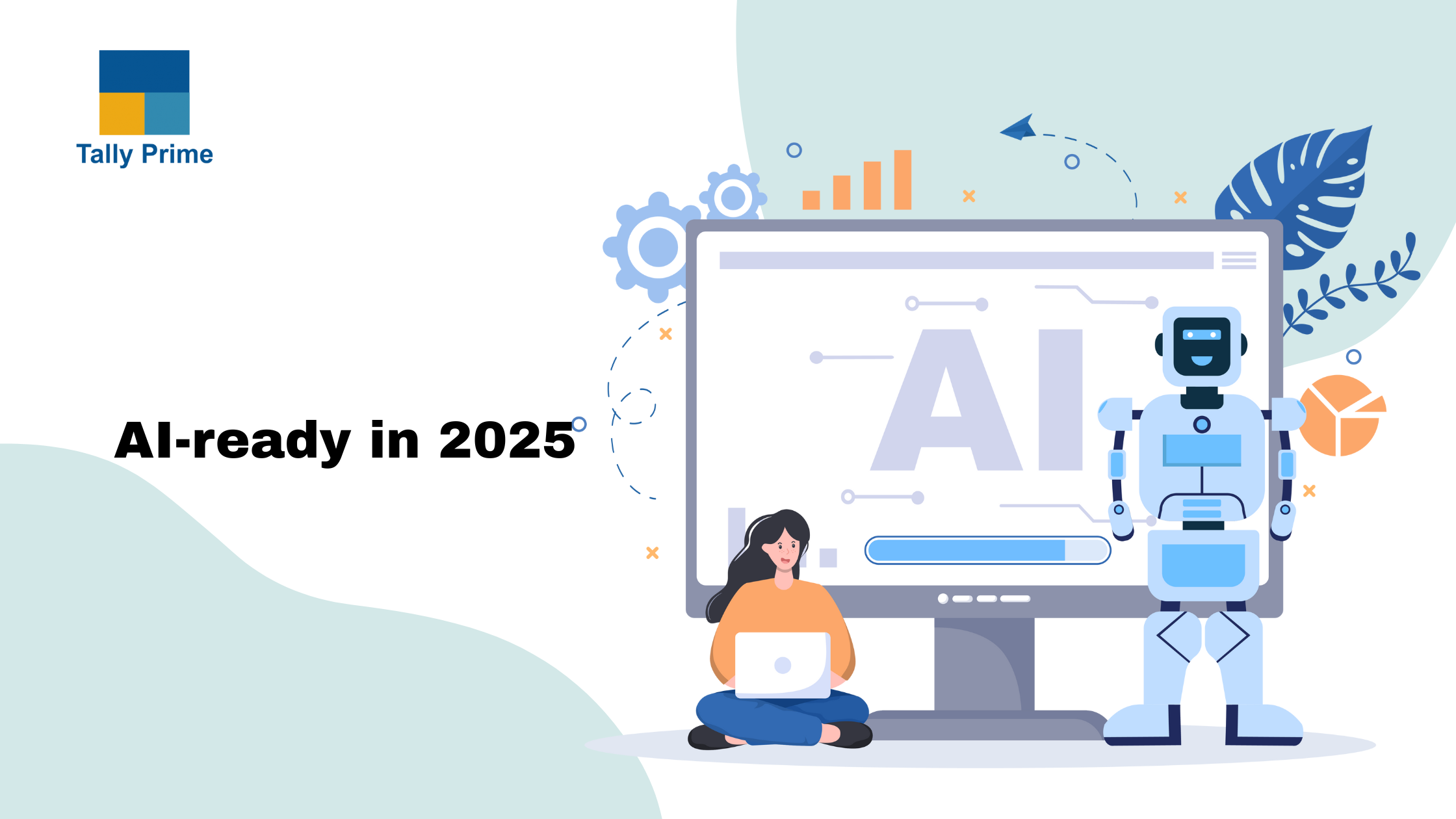I. Introduction
Artificial Intelligence (AI) has moved far beyond science fiction. Once limited to academic research and theoretical conversations, AI is now embedded in almost every aspect of modern business. From automating mundane tasks to offering real-time insights and enhancing customer engagement, AI is transforming how companies operate—across industries and sizes.
II. AI as the Core of Operational Efficiency
Businesses are increasingly relying on AI to automate repetitive tasks, streamline processes, and boost efficiency across departments.
Automating Repetitive Tasks
Manual data entry, report generation, and scheduling are not only time-consuming but also prone to human error. AI automates these tasks, freeing up teams to focus on strategic priorities.
AI-Driven Decision-Making
AI uses real-time data to recommend actions, detect patterns, and make accurate forecasts, enabling smarter business decisions with less guesswork.
Cost & Time Savings
By cutting down on redundant tasks and speeding up processes, AI delivers measurable cost reductions and faster turnaround times.
III. AI in Customer Experience & Support
Customer expectations are higher than ever. AI helps companies deliver faster, smarter, and more personalized support.
24/7 AI Chatbots & Voice Assistants
AI-driven chatbots handle common queries round the clock, offering immediate responses and freeing up human agents for complex issues.
Sentiment Analysis
AI tools can detect customer mood and intent from messages or calls, helping businesses respond empathetically and proactively.
Hyper-Personalization
AI tailors the customer journey based on behavior, preferences, and interaction history—creating seamless, individualized experiences.
IV. AI in Sales and Marketing
Sales and marketing teams are embracing AI to gain deeper insights, increase conversions, and personalize outreach.
Predictive Lead Scoring & Forecasting
AI evaluates lead quality and predicts buying intent, allowing sales teams to prioritize high-potential prospects.
Personalized Targeting
AI analyzes user data to deliver hyper-targeted ads and content—boosting engagement and ROI.
Conversational AI in Sales Funnels
AI chatbots guide leads through funnels, answer objections, and even schedule demos.
V. AI in Supply Chain and Logistics
Supply chains are complex—but AI makes them smarter, faster, and more responsive.
Real-Time Inventory Tracking
AI ensures accurate stock visibility across warehouses and distribution centers.
Demand Forecasting
Using historical and real-time data, AI predicts demand patterns to optimize purchasing and reduce wastage.
Route Optimization
AI-powered logistics platforms calculate optimal delivery routes, reducing fuel costs and improving delivery times.
VI. AI in Data-Driven Decision Making
AI turns raw data into actionable insights—a major asset in today’s data-rich business landscape.
Real-Time Dashboards
AI integrates with BI tools to create dashboards that adapt to evolving business needs and deliver alerts for anomalies.
Intelligent Alerts
Instead of waiting for reports, decision-makers get real-time notifications based on KPIs, customer trends, or potential risks.
Reduced Guesswork
AI uses predictive analytics to simulate outcomes and recommend optimal strategies.
VII. Conclusion
AI is no longer a buzzword—it’s the backbone of forward-thinking businesses. From improving customer experiences and streamlining operations to empowering data-driven decisions, AI is redefining how companies work in 2025.



